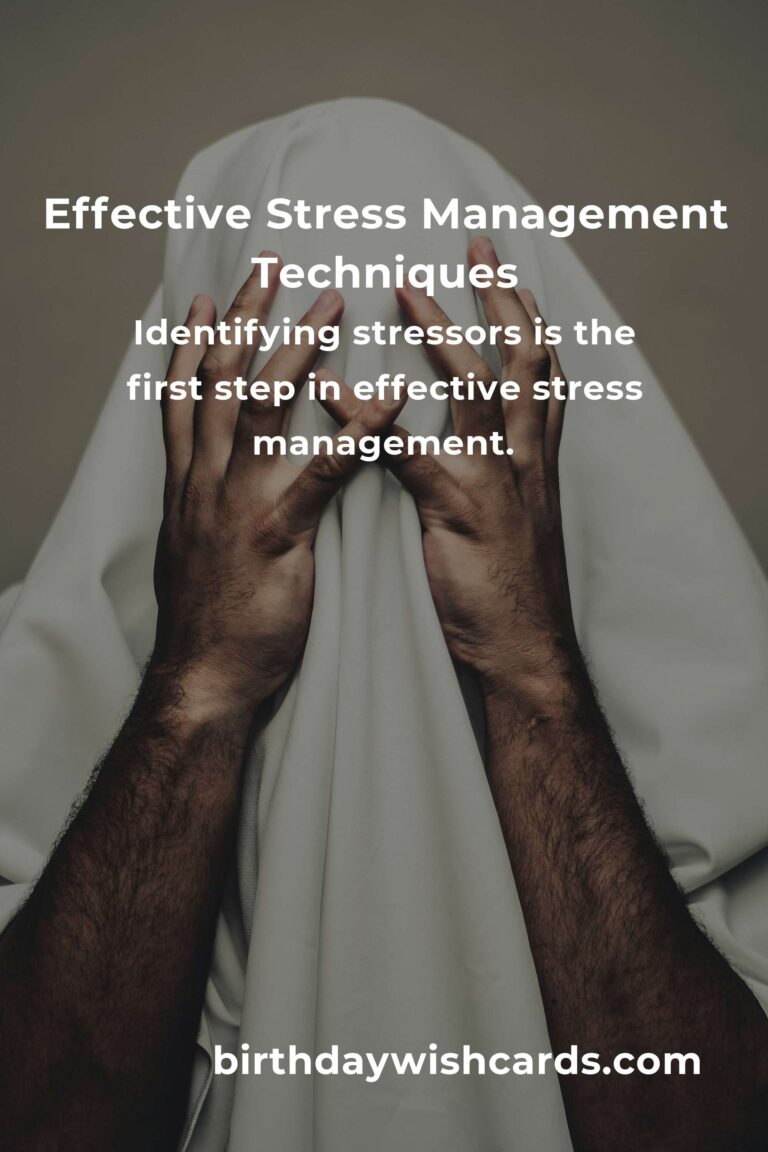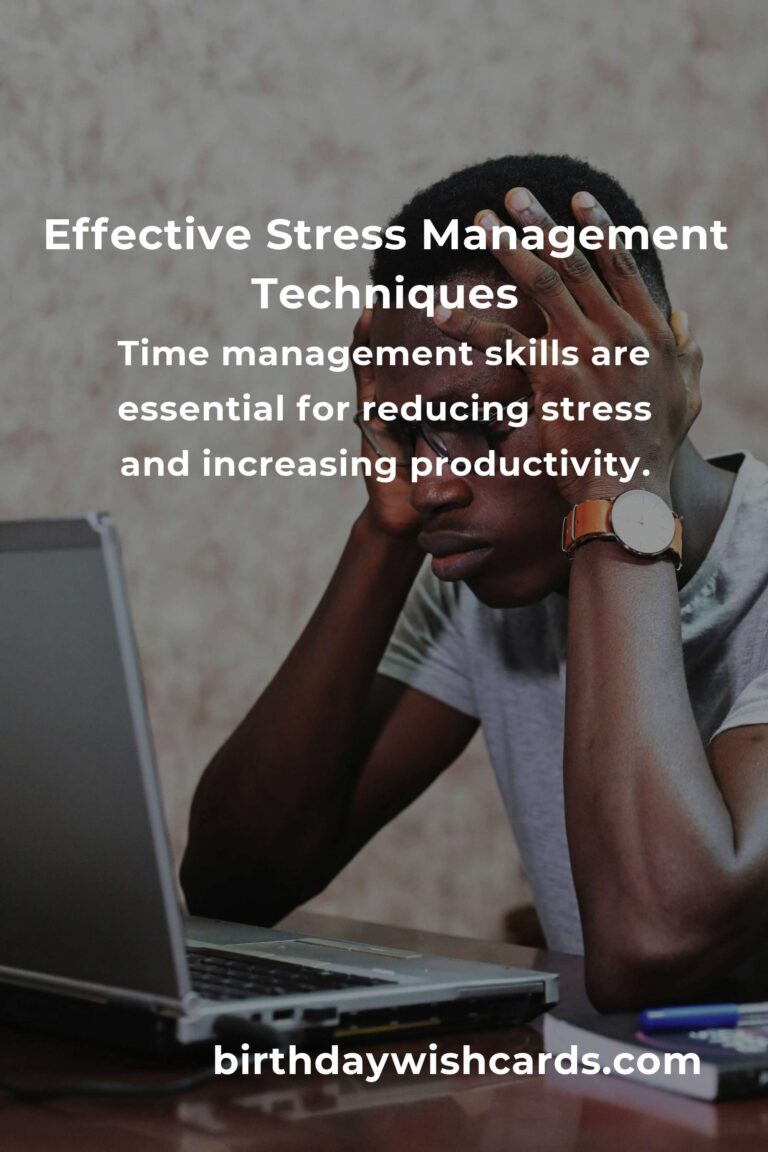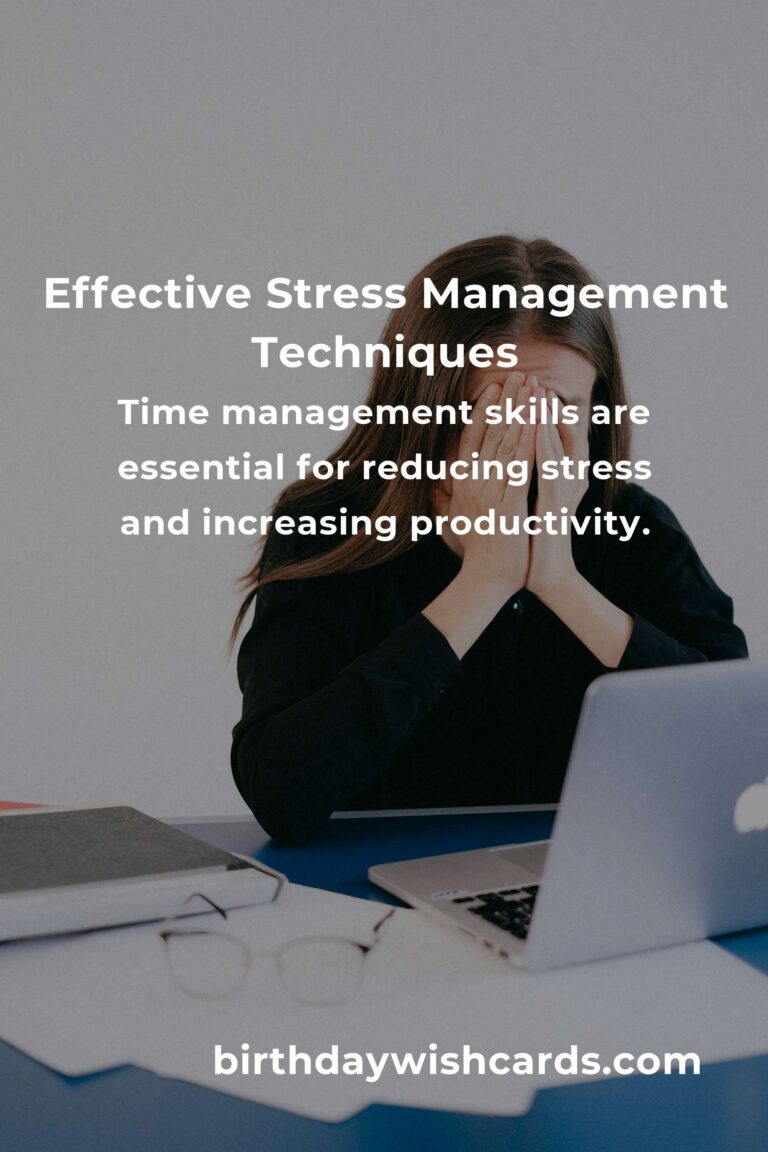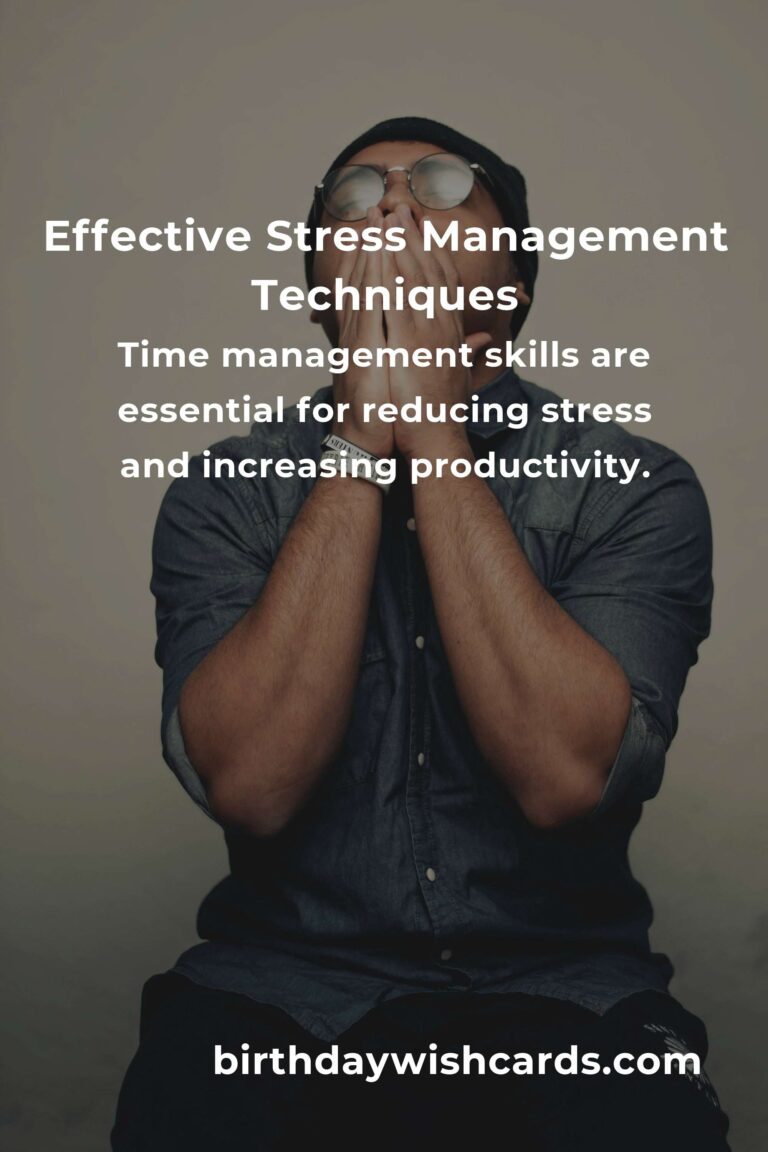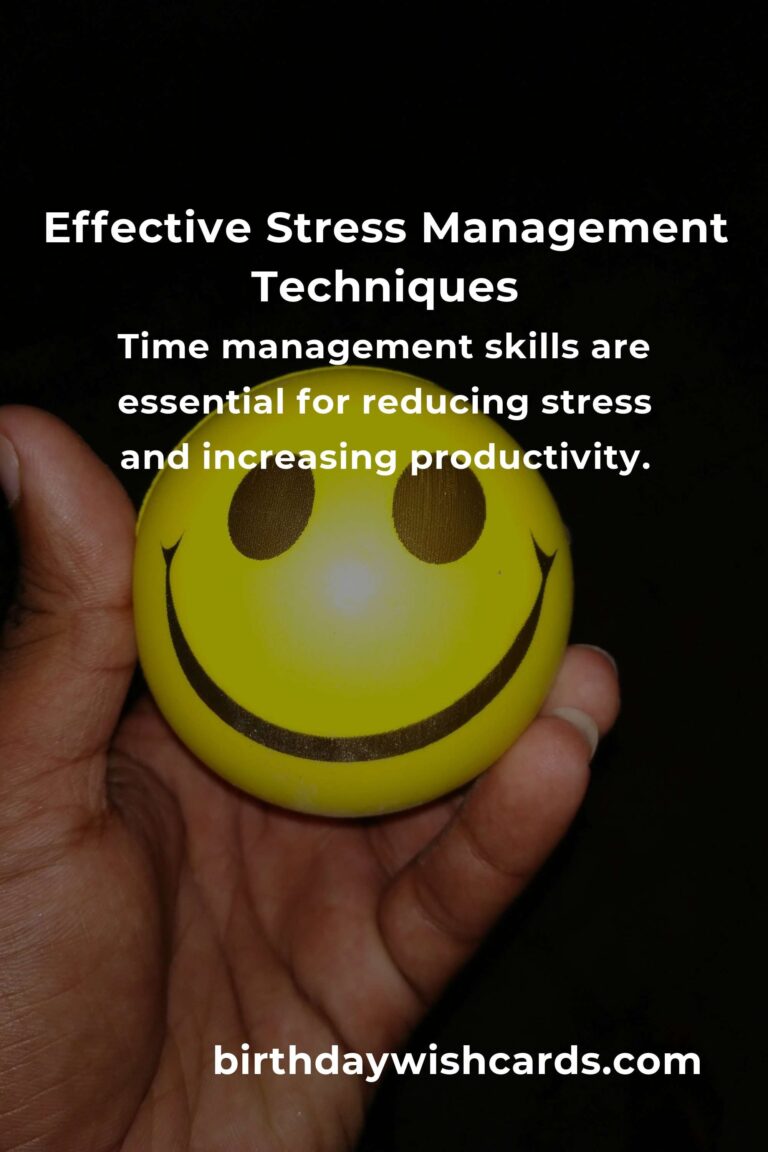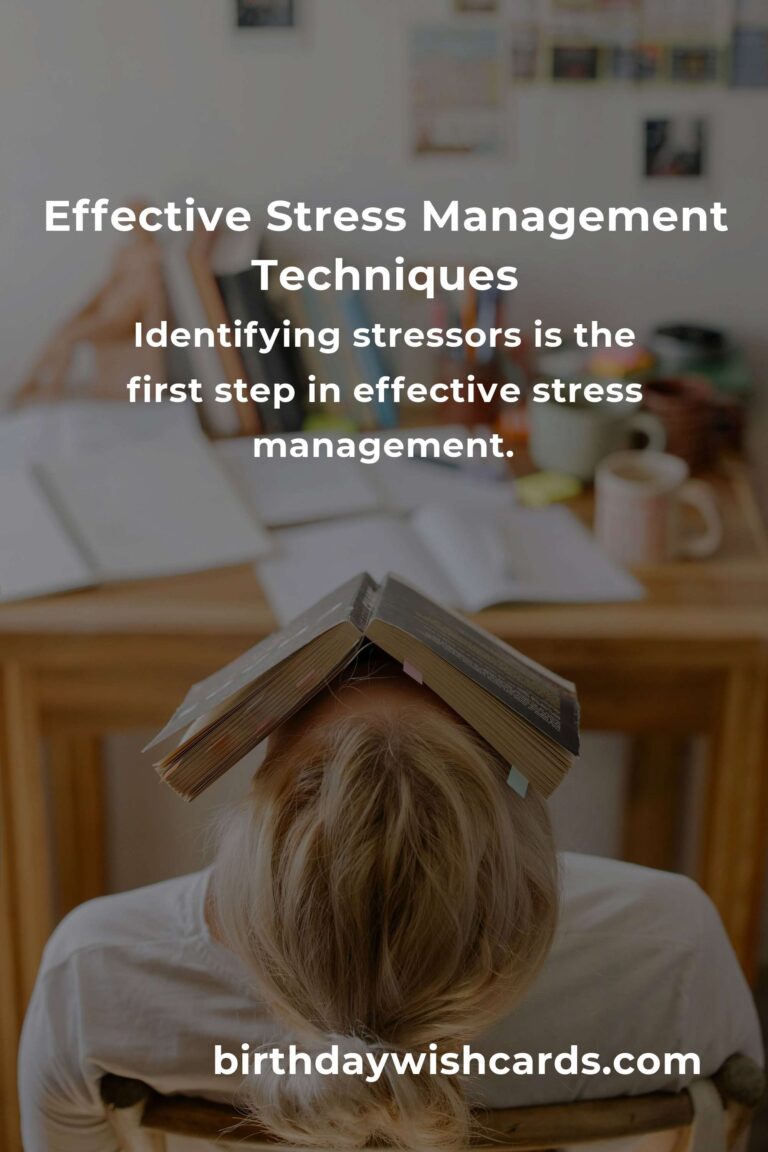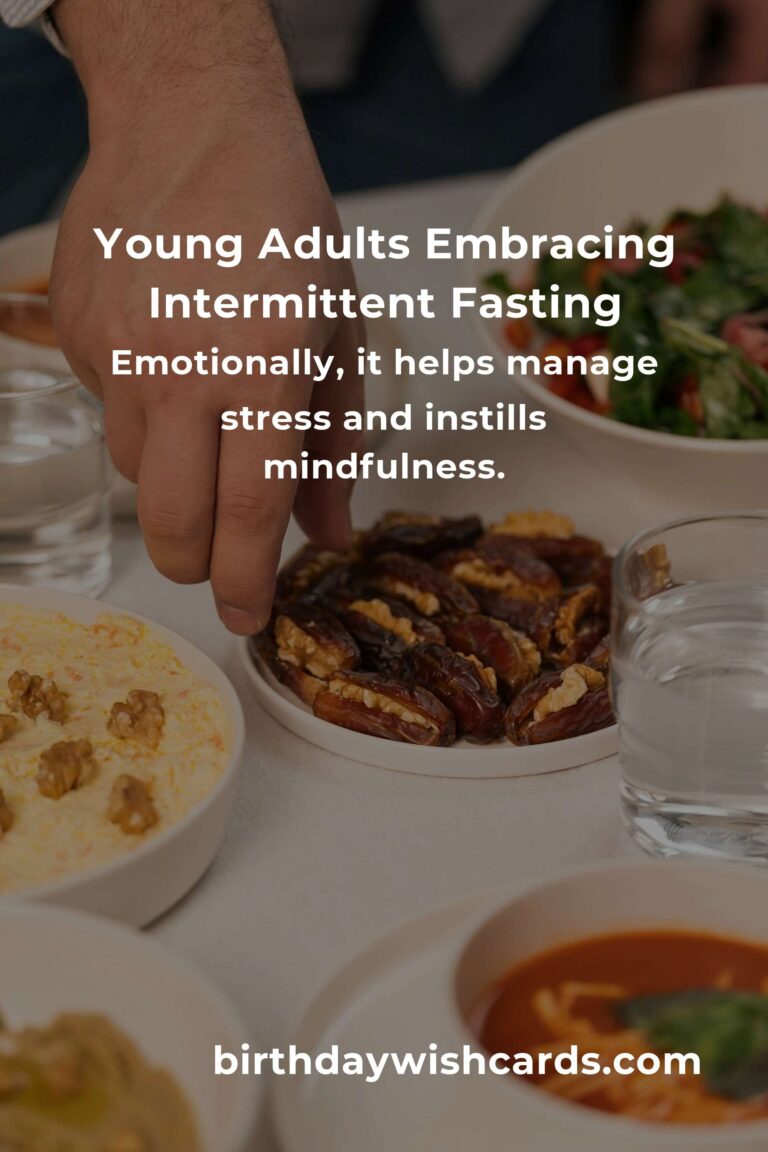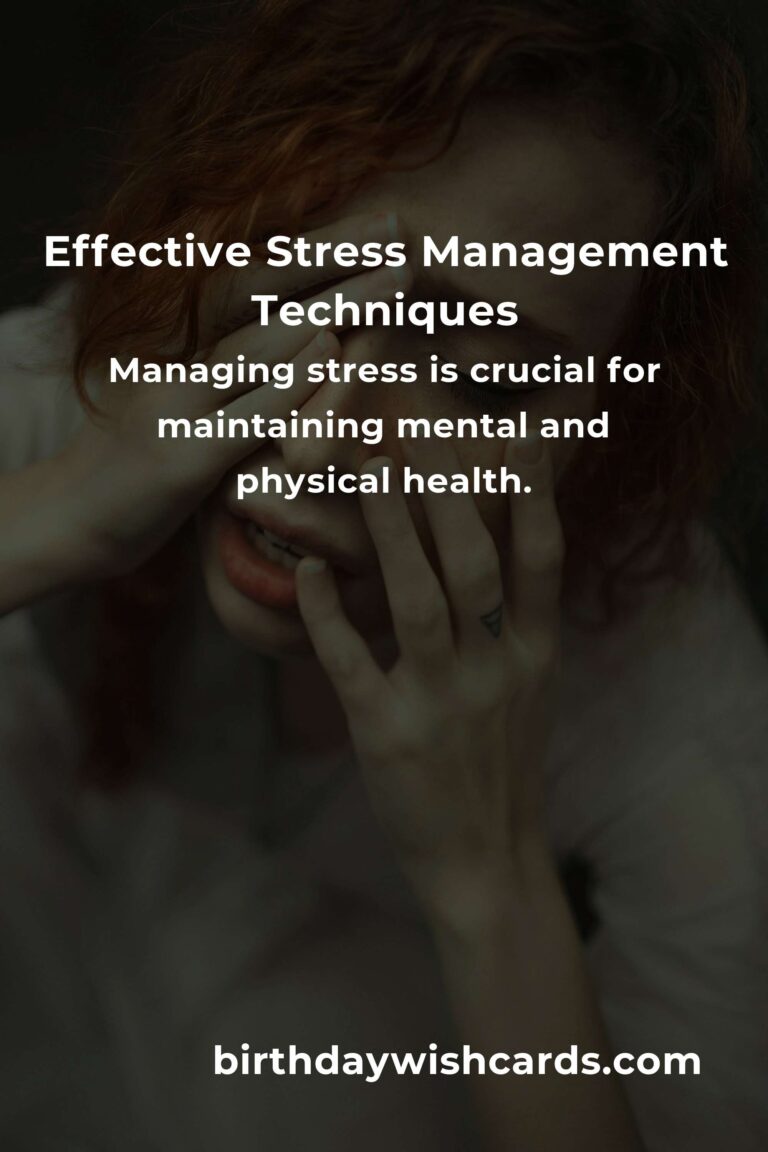
In today’s fast-paced world, managing stress is more crucial than ever. Stress can impact your mental and physical health, making it essential to learn effective stress management techniques. This guide will walk you through some of the best methods to manage stress, especially designed for beginners.
Understanding Stress
Stress is a natural physical and mental reaction to life experiences. Everyone experiences stress from time to time. Anything from everyday responsibilities like work and family to serious life events such as a new diagnosis, war, or the death of a loved one can trigger stress. For immediate, short-term situations, stress can be beneficial to your health. It can help you cope with potentially serious situations. Your body responds to stress by releasing hormones that increase your heart and breathing rates and ready your muscles to respond.
Identify Your Stressors
The first step in managing stress is to identify the sources of stress in your life. It isn’t as easy as it sounds. While it’s easy to identify major stressors such as changing jobs, moving, or going through a divorce, pinpointing the sources of chronic stress can be more complicated. It’s all too easy to overlook how your own thoughts, feelings, and behaviors contribute to your stress levels.
Adopt Healthy Coping Mechanisms
Once you’ve identified the stressors in your life, it’s time to adopt healthy coping mechanisms. This can include exercising regularly, maintaining a balanced diet, ensuring you get enough sleep, and practicing relaxation techniques such as deep breathing, meditation, and yoga. Exercise, in particular, is a powerful stress reliever. Physical activity helps your body release endorphins, which improve your mood and act as natural painkillers.
Time Management Skills
Effective time management is crucial for reducing stress. Poor time management can cause stress and decrease productivity. By planning ahead, setting priorities, and delegating tasks, you can manage your time better. Use tools like planners or digital apps to keep track of your tasks and appointments.
Seek Professional Help
If you’re overwhelmed by stress and it’s affecting your daily life, it may be time to seek professional help. Therapists and counselors can help you identify the sources of your stress and develop an effective plan to manage it. Cognitive-behavioral therapy (CBT) is one approach that can be particularly helpful. It helps you change your thinking patterns and behaviors that are causing stress.
Building a Support Network
Having a strong support network is crucial for stress management. Friends and family can provide emotional support and practical help. Don’t hesitate to reach out to those you trust when you’re feeling stressed. Sometimes just talking about what you’re going through can be incredibly relieving.
Conclusion
Managing stress is a vital part of maintaining your overall health and well-being. By understanding stress, identifying your stressors, adopting healthy coping mechanisms, managing your time effectively, seeking professional help when necessary, and building a strong support network, you can take control of your stress and lead a more balanced life.
Managing stress is crucial for maintaining mental and physical health. Identifying stressors is the first step in effective stress management. Adopting healthy coping mechanisms like exercise and meditation can greatly reduce stress levels. Time management skills are essential for reducing stress and increasing productivity. Seeking professional help is advisable if stress becomes overwhelming. Building a strong support network is important for emotional and practical support.
#StressManagement #HealthyLiving #MentalHealth #StressRelief #Wellness

